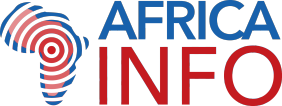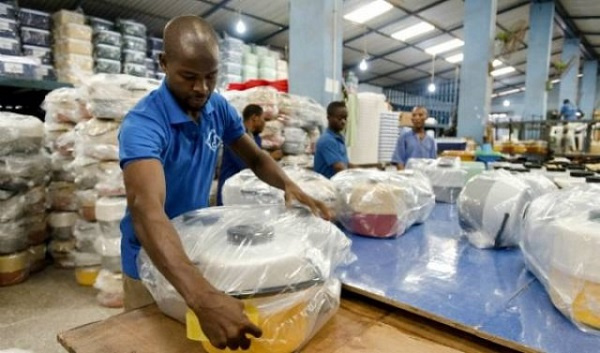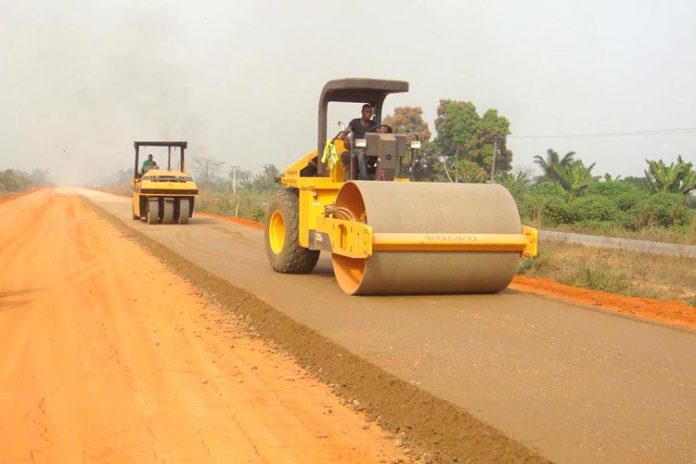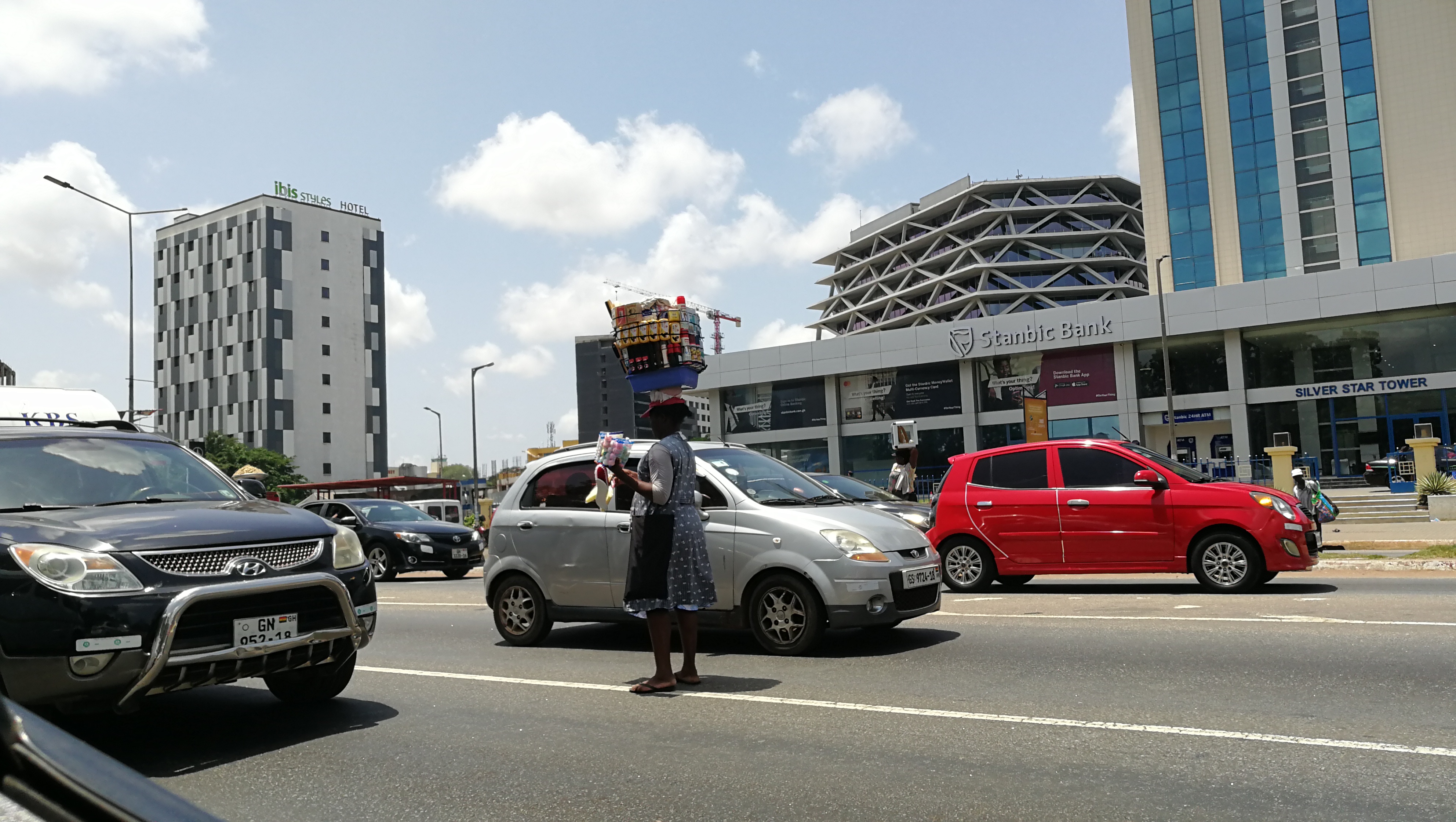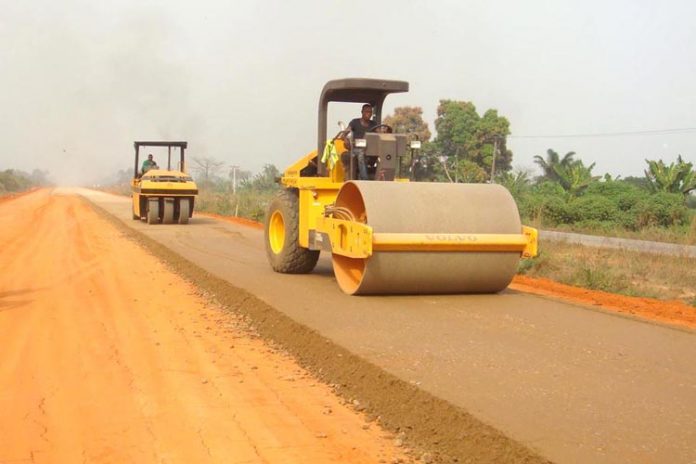By Oluwatosin AdeshokanPosted on Friday, 3 January 2020 08:48Ghanas President Nana Akufo-Addo addresses participants of the "G20 Investment Summit in Berlin November 19, 2019. John MacDougall/Pool via REUTERSGhana has become the latest West Afri...
By Oluwatosin Adeshokan -
Posted on Friday, 3 January 2020
Ghana's President Nana Akufo-Addo addresses participants of the "G20 Investment Summit in Berlin November 19, 2019. John MacDougall/Pool via REUTERS
Ghana has become the latest West African country to throw its weight behind a new regional currency - the Eco. It’s a historic moment for the region, as it steps away from its former colonial power - France.
Ghana wants to ditch its currency, the Cedi, in favour of adopting the Eco. Eight other countries in the region — Benin, Burkina Faso, Guinea-Bissau, Cote d’Ivoire, Mali, Niger, Senegal and Togo — have already announced plans to replace the West African CFA Franc with the Eco.
Ghana is not a member of the regional customs union, West African Economic and Monetary Union (UEMO, the acronym in French), but it’s the biggest economy to support efforts to introduce the world’s newest currency.
“This is a welcome decision, which Ghana warmly applauds. It is good [sic] testimony to the importance that is being attached not only to the establishment of a monetary union, but also to the larger agenda of West African integration. We, in Ghana, are determined to do whatever we can to enable us join [sic] the Member States of UEMOA, soon, in the use of the ECO, as, we believe, it will help remove trade and monetary barriers, reduce transaction costs, boost economic activity, and raise the living standards of our people,” according to a statement released by the presidency’s office.
Why it matters
The eight West African nations belonging to UEMO plus Ghana will be looking for ways to phase-in the Eco this year, following the historic agreement with France.
The Eco will still remain pegged to the Euro for now, but former French colonies will no longer be required to maintain 50% of their reserves in France’s treasury. Ghana, however, is urging the region to implement “a flexible exchange rate regime” as soon as possible.
Under the new deal, France will also no longer hold a seat on the UEMOA-linked regional bank – the Central Bank of West African States (BCEAO, the acronym in French). This represents an extra layer of independence for the region, and is the first step towards a true monetary union for the Economic Community of West African States (ECOWAS).
Background
The West African Economic and Monetary Union (previously called the West African Monetary Union) defines the monetary and credit policy of the region. It also tries to stabilise the value of the common currency, while providing financing for businesses, and promoting economic development for members.
Since 1994, the West African CFA Franc has been pegged to the Euro, and was devalued by 50% to boost exports from the region. At the time, 1 French franc was worth 100 CFA, and after France joined the Eurozone, the fixed-rate was 1 Euro: 656 CFA.
Daily newsletter: join our 100 000 subscribers!
Each day, get the essential: 5 things you need to know
Email Address
Also receive offers from The Africa Report
Also receive offers from The Africa Report's partners
Before 1958, the acronym – CFA – stood for Colonies of France in Africa (Colonies françaises d’Afrique). The French-backed CFA has helped West African countries to maintain a large degree of financial stability during periods of high inflation.
For several years, English-speaking members of ECOWAS have talked about launching a new currency. In July last year, ECOWAS leaders finally announced plans to adopt a single currency for the region in 2020. They chose the same name for their currency: ‘Eco’.
ECOWAS members wanting to join the Eco are required to meet four basic criteria:
A single-digit inflation rate at the end of each year
A fiscal deficit of no more than 4% of the GDP
A central bank deficit-financing of no more than 10% of the previous year’s tax revenues
Gross external reserves that can give import cover for a minimum of three months.
However, a report by the African Development Bank Group has found that the 2020 deadline is likely to be postponed, unless the region can quickly align its monetary and fiscal policies.
Expert advice
A single regional currency is hoped to unify West Africa, and deliver other benefits to the region.
“The AfCFTA is looking to solve Africa’s trade problem. The continent does not trade with itself. But a bloc using the same currency will definitely reduce barriers to trade.” Oluwatosin Ajani, a Lagos based economist says.
Overseas trade represents about 80% of the trade within the continent.
In 2017, French President Emmanuel Macron said it was up to African governments to determine the future of the currency. But, experts say the new Eco looks to be a rebranding of the CFA Franc.
“There has been a clamour for some full independence from France, but a currency still guaranteed by France is hardly the way,” according to Ebuwa Osarenren, a political scientist in Lagos.
While regional integration through a regional monetary policy is important, the mechanics of tying the economic fortunes of economically unequal states is very difficult. “Lagos is reported to be the 5th largest economy in Africa and has a GDP that dwarfs that of some other Ecowas states. There are a lot of moving parts that come into putting together a trade and monetary union,” Ajani explains.
And other experts are also skeptical.
Original Source: https://www.theafricareport.com/21756/ghana-joins-push-for-west-african-currency/
